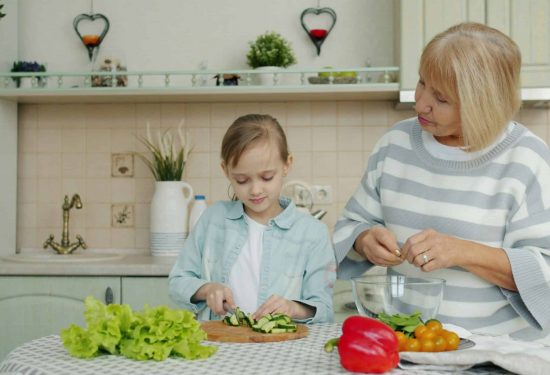COVID-19 Impact
A NAEYC survey in April 2020 reported that 15% of child care programs were completely closed in Minnesota, with another 20% open only for children of essential workers, and 47% operating with modified rules. Of providers who are still open, 75% were operating at less than 50% capacity.
Emergency Fund
La Red Latina de Educación Temprana “La Red” is a community-created model and intermediary designed to train and support FFN providers. La Red Latina de Educación Temprana has developed a fund to address immediate needs in the Latinx community due to the COVID19 pandemic. La Red is reaching out to our over 220 members who are primarily undocumented and mixed-status families providing high-quality care to undocumented and mixed-status families living across the Twin Cities region. With this funding, we will provide grants to FFN providers to purchase additional food for their family, medicine, and other items of need.




